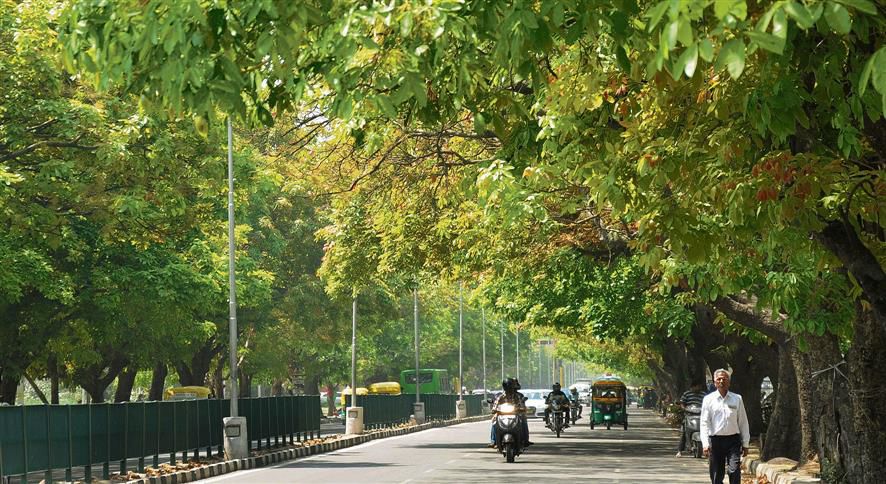Punjab, Haryana among top 5 states in Niti Aayog’s index
Animesh Singh
New Delhi, July 12
Uttarakhand and Kerala have jointly claimed the top position in the sustainable development goal (SDG) India Index for 2023-24, which was released by government think tank Niti Aayog on Friday. Himachal Pradesh (77), Punjab (76) and Haryana (72) were ranked fourth, fifth and 13th, respectively in the SDG index.
Chandigarh, J&K among top UTs
- Among the union territories, Chandigarh and Jammu and Kashmir were the top two performers with a score of 77 and 74, respectively. Ladakh with a score of 65 stood at the bottom of the table in the category.
The top two states scored 79 points, compared to the overall national SDG score of 71. Among the union territories, Chandigarh and Jammu and Kashmir were the top two performers with a score of 77 and 74, respectively. Ladakh with a score of 65 stood at the bottom of the table among UTs.
At 78 and 77, Tamil Nadu and Goa stood second and third, respectively. Bihar, with a score of 57, stood at the bottom of the table among states.
According to the Niti Aayog’s SDG India Index 2023-24, India’s overall SDG score increased to 71 in 2023-24, compared to 66 in 2020-21, supported by significant progress on eliminating poverty, providing decent work, economic growth, climate action and life on land.
On the contrary, Bihar (57), Jharkhand (62) and Nagaland (63) were the worst performing states in this year’s index. “Targeted intervention by the government has helped India achieve significant improvements across 16 goals set under the SDGs,” Niti Aayog CEO BVR Subrahmanyam said after releasing the report.
“India is not only on track, but also ahead of others in achieving most of the targets under the SDGs,” he said, adding government hopes to achieve targets before 2030 across some of these goals.
The parameters on which the SDG index scores were allotted included, poverty, hunger, good health and wellbeing, quality education, gender equality, clean water and sanitation, affordable and clean energy, decent work and economic growth, industry and infrastructure, reduced inequalities, sustainable cities and communities and responsible consumption and production.









